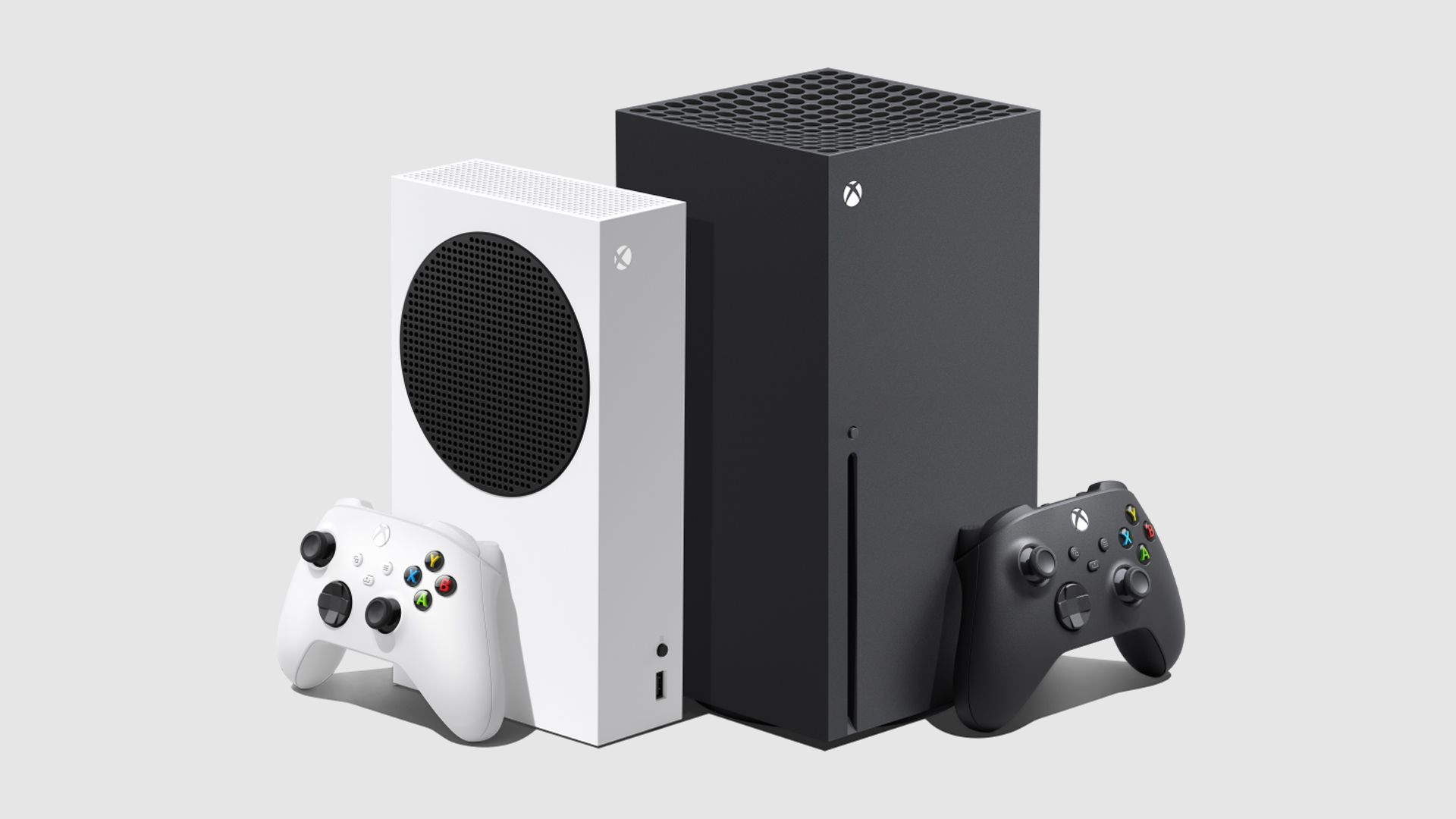A federal appeals court has firmly supported Microsoft, and agrees with a lower court’s decision to let the company keep its $69 billion purchase of Activision Blizzard. The ruling was unanimous and made by the 9th U.S. Circuit Court of Appeals.
This essentially stops the Federal Trade Commission’s (FTC) attempt to block the merger, a major deal that has was a significant shift in the video game industry. After hearing the FTC’s arguments that the merger could hurt competition in several important gaming markets, the federal court disagreed.
The FTC’s main argument relied on Section 7 of the Clayton Act, a law that stops mergers if they would significantly reduce competition. The agency claimed that combining Microsoft, a major platform operator, with Activision Blizzard, a top game developer, would harm competition in three key areas.
According to the FTC, these areas are the high-performance console market (Xbox and PlayStation), the market for subscription services offering multiple games (like Xbox Game Pass and PlayStation Plus), and the cloud gaming market (including services like xCloud and PlayStation Plus Premium).
The FTC was especially concerned about Microsoft’s control over Activision Blizzard’s popular Call of Duty franchise in the console market. The agency argued that Microsoft might make Call of Duty only available on Xbox or release a much worse version on PlayStation, giving Xbox a big advantage. However, the court said the FTC did not prove that Microsoft had a good reason to do this.
The court pointed out that Call of Duty’s success depends heavily on crossplay gaming, which works best when players on both Xbox and PlayStation can play together. Taking the game off PlayStation or making it worse would cost Microsoft a lot of money and hurt its reputation, which would outweigh any benefit from selling more Xbox consoles.
The court also mentioned Microsoft’s past purchases of Mojang (the company behind Minecraft) and ZeniMax. In both cases, Microsoft kept popular multiplayer games available on multiple platforms, which supported its promise to keep Call of Duty on PlayStation.
When it came to the subscription service market, the FTC argued that Microsoft might make Activision Blizzard’s games exclusive to Xbox Game Pass, hurting competitors. But the court found this argument weak. It was noted that Activision Blizzard had always hesitated to put its games on subscription services because it worried about losing direct sales.
The court looked at the FTC’s evidence about past talks between Activision Blizzard and other services but said it wasn’t enough to show that these games would have been widely available without the merger. The merger bringing Activision Blizzard’s games to a subscription service, even if only on Xbox Game Pass, did not mean Microsoft was blocking a market already open to competitors.
Finally, in the cloud gaming market, the FTC again claimed Microsoft could use Activision Blizzard’s games to hurt competitors by making them exclusive to its xCloud service. Still, the court said the FTC didn’t provide strong enough evidence. The court pointed out that Activision Blizzard had already taken its games off Nvidia’s GeForce Now service after beta testing, which suggested the company wasn’t interested in making its games available on other cloud services.
Unfortunately for the FTC, no argument could actually stick. If Microsoft can make a good amount of money from this deal, it will likely look for other big companies to eat up.
Source: Ninth Circuit Court of Appeals, Reuters





